Flipside – To clone or not to clone?
In 1885 the first study of cloning was done by German scientist Hans Adolf Eduard Driesch when he researched reproduction. According to the Genetic Science Learning Centre 1902 he managed to create a set of twin salamanders by dividing two separate embryos.
What is cloning?
The process of generating a genetic replica of a cell, tissue, or organism.
There are 3 different kinds of cloning
~ Gene cloning (copies of genes and segments of DNA)
~ Reproductive (breeding an animal or plant to acquire a specific trait).
~ Therapeutic (creates embryonic stem cells. These cells can help to grow healthy tissue to replace injured or diseased tissue in in human body.)
In nature some organisms are naturally created to clone
Vegetative reproduction takes place when water hyacinth produces multiple copies of identical plants through apomixis. Twins are natural clones because they share the same DNA. Binary fission in bacteria takes place when food gets spoilt. Parthenogenesis in certain animals means that females can reproduce without a male.
Biomedical research and cloning
The duplication of biological material or scientific study of a piece of DNA or an individual cell.
The promise (How can cloning be a good thing?)
By practising human cloning, the cells can repair themselves and that would mean that doctors can duplicate the cells the body needs for recovery. Sharing genetic material could help to prevent or even cure feared genetic diseases. Think what it might mean to inherited diseases. It might even be the answer to nipping ageing in the bud. Vaccinations will be a thing of the past. Stem cell creation would become less complicated. Organ donors will not be necessary as we would be able to duplicate organ tissue.
Couples that have problems conceiving naturally could create a genetic child by merely creating a hereditary portrait of each parent and literally grow the fetus in a laboratory. Designer babies are possible with “gene modification”. Enzymes from bacteria can be used to locate genes within our DNA to create modification for duplication.
Cloning already brings food security to the world. Farmers reproduce their best animals to breed with. The offspring becomes the food you eat and its seen as legal and safe for human consumption.
Does human cloning promise to preserve the world’s most brilliant minds or is that just an impossible dream shared by intellectuals?

Flipside
The biggest ethical concerns lies with the “mishaps”.
Cloning is still seen as a risk and scientists admit that there could be deformities and miscarriages. How would you parent yourself? What will happen if there are major personality disorders? An exact copy of an individual is still not a reality. Besides the fact that only the wealthy would have access to this technology, the success rate of animal cloning is still too low. Individuality would be a thing of the past.
We know that our genome recalls genetic data which may lead to rapid ageing. We need diversity in our genomes to reduce the risks of disorders brought on by close human relation.
The religious questions like “how can a copy of a human being have a soul?” This is a terrifying thought for most people as we perceive ourselves as spiritual beings created by a divine spiritual power. A soul is a metaphysical concept that is impossible to recreate, even in the minds of the most gifted.
Somewhere in the future lies the answer to our questions regarding cloning. We are just not there yet.
